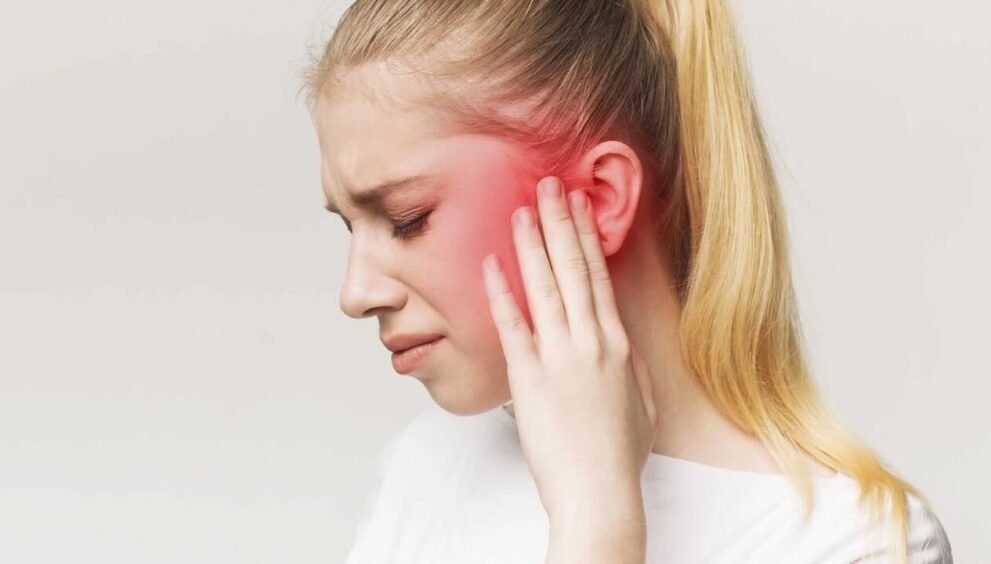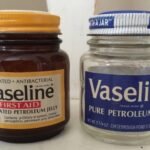Understanding the Crackling Noise in Ear: Causes, Symptoms, and Treatments

Hearing a crackling noise in your ear can be both unsettling and frustrating. Many Americans experience this phenomenon at some point in their lives, often wondering whether it is a minor inconvenience or a sign of a more serious condition. The crackling noise in ear, sometimes described as popping, clicking, or a subtle crackle, can occur sporadically or persistently. While it might seem harmless, understanding its causes, related symptoms, and potential treatments is crucial for maintaining healthy hearing and overall ear health.
What Causes a Crackling Noise in Ear?
A crackling noise in ear can arise from multiple sources, ranging from minor issues to medical conditions requiring professional intervention. One of the most common causes is Eustachian tube dysfunction. The Eustachian tube connects the middle ear to the back of the throat and helps regulate ear pressure. When this tube becomes blocked due to allergies, sinus infections, or changes in altitude, it can create a crackling or popping sensation as the pressure equalizes.
Another frequent contributor is earwax buildup. While earwax protects the ear canal from debris and infections, excessive wax can trap air or moisture, causing crackling sounds. Similarly, fluid in the middle ear, often due to infections or colds, can result in audible crackles as the fluid moves behind the eardrum.
Interestingly, the temporomandibular joint (TMJ), located near the ear, can also be a culprit. Problems with the jaw joint, such as misalignment or teeth grinding, can transmit clicking or crackling noises to the ear, blurring the line between dental and auditory issues. Lastly, certain neurological or auditory conditions, including eustachian tube barotrauma, otosclerosis, or tinnitus, can also contribute to persistent crackling noises.
Common Symptoms Accompanying the Crackling Noise
While the crackling noise in ear itself can be distracting, it often accompanies other symptoms that can help determine the underlying cause. Individuals might experience ear fullness, a sense of pressure, mild hearing loss, or even temporary muffled hearing. In cases of infection, additional signs such as pain, drainage, or fever may appear. People with TMJ-related crackling might notice jaw discomfort or headaches, especially after chewing or speaking for extended periods.
It is important to note that crackling noises accompanied by vertigo, dizziness, or severe hearing loss should be addressed promptly by a healthcare professional, as these symptoms could indicate more serious inner ear problems.
When to Seek Medical Attention
While occasional crackling noises are often harmless, persistent or worsening sounds should never be ignored. According to Dr. Emily Larson, an audiologist at the American Hearing Institute, “Frequent crackling or popping sounds in the ear may indicate an underlying condition that requires early diagnosis and treatment. Ignoring these signs can sometimes lead to prolonged hearing issues.”
A thorough audiological examination, including ear inspection and hearing tests, can help identify whether the cause is minor, like wax buildup, or requires medical intervention, such as TMJ therapy or middle ear surgery.
Diagnostic Methods for Crackling Noise in Ear
Healthcare professionals use a variety of diagnostic methods to determine the cause of a crackling noise in ear. Initially, a physical examination of the ear canal and eardrum is conducted. Otoscopy allows the doctor to check for wax blockages, infections, or fluid accumulation. In certain cases, tympanometry may be used to assess eardrum movement and middle ear pressure. For suspected TMJ-related issues, jaw alignment assessments or imaging studies such as X-rays or MRIs can provide insight.
Advanced diagnostic tools like audiometry and tympanograms are particularly useful in differentiating between conductive and sensorineural causes of ear noises. Moreover, allergy testing or sinus evaluations can identify indirect causes affecting the Eustachian tube and middle ear function.
Effective Treatments and Home Remedies
The treatment for a crackling noise in ear depends largely on the underlying cause. For Eustachian tube dysfunction, simple measures like swallowing, yawning, or performing the Valsalva maneuver can help equalize pressure. Nasal decongestants or steroid sprays may also be prescribed to reduce inflammation.
Earwax removal is often a straightforward solution. While over-the-counter drops can soften wax, professional removal by an audiologist ensures safety and prevents further damage to the ear canal. Fluid in the middle ear, especially due to infections, may require antibiotics, while chronic cases might benefit from ear tube placement to facilitate drainage.
If the noise originates from TMJ disorders, dental interventions, night guards, or physical therapy focusing on jaw alignment can be effective. Stress management and avoiding excessive jaw strain may further alleviate symptoms. Additionally, sound therapy, relaxation techniques, and careful monitoring are recommended for tinnitus-related crackling noises.
Preventive Measures to Avoid Ear Crackling
Prevention plays a significant role in reducing instances of a crackling noise in ear. Maintaining ear hygiene, avoiding excessive cotton swab use, and staying up-to-date with vaccinations to prevent infections can make a difference. Managing allergies, practicing proper nasal care, and avoiding sudden pressure changes during flights or scuba diving are also important preventive strategies. For those with TMJ issues, regular dental checkups and avoiding habits like teeth grinding can minimize auditory disturbances.
Lifestyle Adjustments and Supportive Practices
Beyond medical treatments, lifestyle adjustments can improve ear health and mitigate crackling noises. Incorporating hydration, healthy nutrition, and regular exercise supports overall circulation, indirectly benefiting ear function. Avoiding prolonged exposure to loud noises protects against additional auditory damage. Relaxation exercises, yoga, and mindfulness can also reduce stress-related muscle tension, which may impact the jaw and ear.
Furthermore, using humidifiers during dry months and maintaining clean environments can prevent sinus and ear complications. Ear protection during swimming or high-altitude activities is another practical step, especially for individuals prone to Eustachian tube dysfunction.
The Psychological Impact of Persistent Ear Noises
While often overlooked, the psychological impact of a crackling noise in ear can be significant. Persistent auditory disturbances can lead to anxiety, sleep disturbances, and concentration difficulties. Patients may become hyperaware of minor sounds, amplifying their perception of the crackle. Addressing these psychological effects through counseling, cognitive-behavioral therapy, or support groups can improve overall well-being and reduce the stress associated with chronic ear noises.
Conclusion: Maintaining Healthy Hearing
Experiencing a crackling noise in ear can be a normal, temporary occurrence, but persistent or severe cases require careful attention. From Eustachian tube dysfunction and earwax buildup to TMJ disorders and auditory conditions, there are many potential causes to consider. Early diagnosis, appropriate treatment, and lifestyle adjustments are crucial for preserving hearing health and overall quality of life. As Dr. Emily Larson emphasizes, timely intervention is key: “Listening to your ears is as important as listening to your body. Small symptoms can signal larger issues if left unchecked.” By understanding the causes, symptoms, and treatments, individuals can confidently address ear concerns and maintain optimal auditory wellness.
you may also like
Understanding Joint Space: Key to Healthy Movement and Mobility








































































































































































































































































































































































































































































































